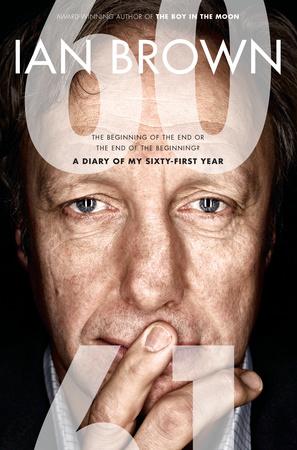
By Doug Dahmer, Emeritus Financial Strategies
Special to the Financial Independence Hub
The month of April is always a particularly busy time for Retirement Income Specialists. One of our key roles is to provide each of our clients with a year-by-year draw-down recipe: outlining how much and where to source their annual cash flow needs.
The ultimate goal is not to minimize the amount of income tax they pay on any given year, but instead to minimize the amount of tax they pay over the balance of their lives. (Please note these two goals are frequently confused, and seldom accomplished simultaneously as often you will need to pay more tax sooner in order to pay significantly more later.)
One of our many sources of insight for the guidance we provide is found within our clients’ annual tax returns. At the same time our clients’ previous year’s tax returns act much like a report card, keeping them informed as to how well we performed our role over the previous year, as we endeavor to accomplish this important long term goal.
Debt can more than offset taxes






